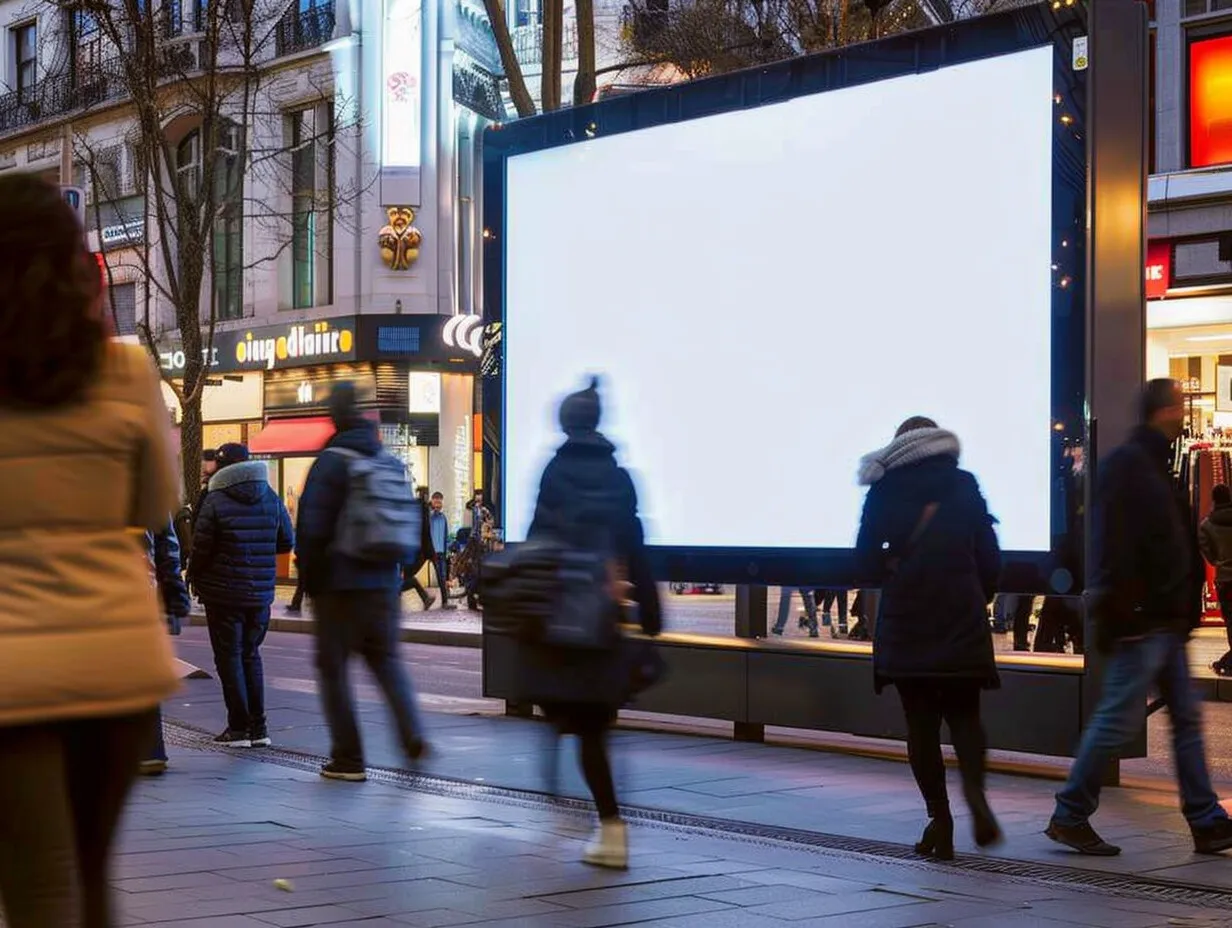At the AI Safety Summit in Bletchley Park, Elon Musk, the visionary behind Tesla and SpaceX, proclaimed the imminent demise of traditional employment, courtesy of artificial intelligence. Musk envisages a future where AI surpasses human intelligence, rendering jobs obsolete. But, this bold prediction faces opposition from an unexpected quarter—Mustafa Suleyman, co-founder of DeepMind, a prominent AI research laboratory.
Elon Musk envisions a AI-induced transformation of the world
Elon Musk, known for his ventures in space exploration and electric vehicles, took center stage at the AI Safety Summit, branding artificial intelligence as the most disruptive force in history. During a fireside chat, Musk forecasted a paradigm shift in the job market, asserting that AI’s unparalleled capabilities would soon surpass human intellect. He envisioned a future where jobs become optional, replaced by a universal high income facilitated by the omnipotent “magic genie” of AI.
While Musk’s outlook resonates with the transformative potential of AI, it drew skepticism from Mustafa Suleyman, co-founder of DeepMind. Suleyman, an influential figure in the AI community, dismissed Musk’s predictions, emphasizing that Musk’s expertise lies more in space and cars than in AI science.
DeepMind’s caution amidst excitement in AI perspective
Mustafa Suleyman, one of the visionary co-founders of DeepMind, eloquently presented a divergent perspective, urging restraint in the face of premature prognostications regarding the potential displacement of jobs due to the inexorable rise of artificial intelligence. In a sagacious acknowledgment of the valid concerns surrounding the advent of generative AI, Suleyman underscored the imperative of cultivating a nuanced comprehension of the multifaceted impacts that AI may wield.
While conceding the potential for destabilization in the long-term trajectory, he artfully emphasized the historical precedent wherein technological advancements, despite their inherent challenges, have consistently ushered in a confluence of adversities and advantages.
Suleyman’s resonant stance not only encapsulated the essence of the deliberations at the AI Safety Summit but also echoed the sentiments of policymakers who convened to grapple with the formidable challenges posed by the omnipresence of AI. The culmination of these intellectual endeavors materialized in the historic signing of the Bletchley Declaration by 29 sovereign nations and the European Union—a monumental accord that underscored the indispensable need for a collaborative paradigm in addressing AI safety concerns and the formulation of bespoke, risk-centric policies.
Generative AI’s rise and the call for governance
The recent surge in generative AI, exemplified by OpenAI’s ChatGPT and GPT-4, has heightened global concerns. Deepfakes, generated by AI, have prompted leaders worldwide to advocate for regulations to prevent the misuse of this technology. Suleyman stressed the importance of democratic governments taking proactive measures, advocating for governance and regulations to safeguard society from potential risks associated with AI.
In the epic clash of perspectives between Elon Musk’s bold prophecies and Mustafa Suleyman’s prudent caution, a captivating tableau unfolds, laying the foundation for a meticulous exploration of the intricate tapestry that is AI’s impending influence on the realm of employment.
As our global community wrestles with the awe-inspiring transformative power inherent in artificial intelligence, a pivotal and lingering inquiry emerges: Are we inexorably hurtling towards a future bereft of employment opportunities, or does a nuanced middle ground beckon—one that guarantees the judicious and advantageous assimilation of AI into the fabric of our lives?





